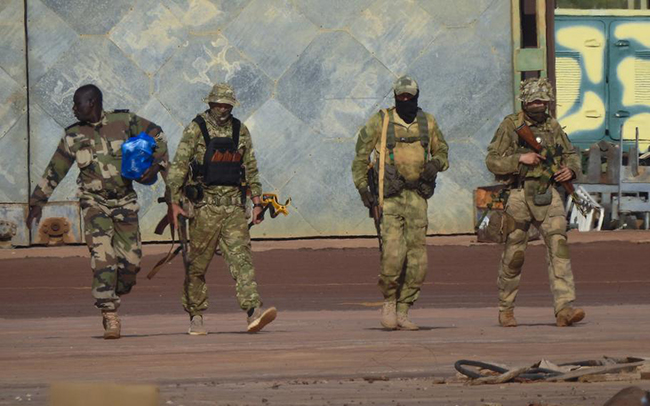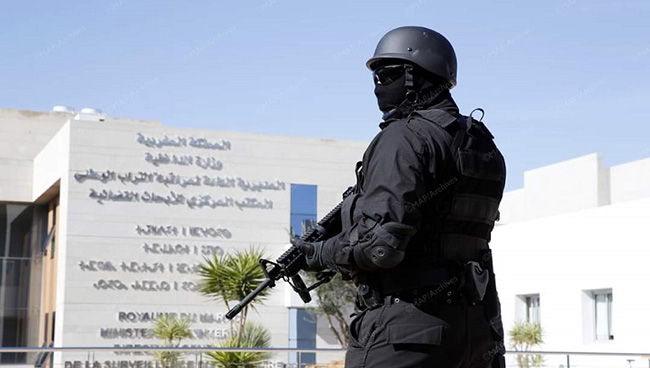Islamic extremist rebels in Mali linked to al-Qaida said they have captured mercenary fighters from Russia’s Wagner Group in fighting earlier this month.
It’s the first time that Mali’s extremist rebels known as JNIM have claimed to capture Russian fighters. The Wagner Group fighters were seized in the first week of April in the mountainous Segou region of central Mali, said the JNIM statement, which called the fighters “criminals.”
Since the beginning of the year, several European countries have denounced the presence of Wagner’s Russian mercenaries, estimated to be about 1,000, who fight alongside Malian soldiers. They have been blamed for killing about 300 civilians in the central town of Moura. They have also been blamed for staging burials of bodies near the Gossi military base and trying to blame French military forces for the graves.
However, Mali’s ruling junta denies that Wagner’s forces are fighting in the country, saying instead that they are training Malian soldiers as part of cooperation between Mali and Russia.
It’s likely that JNIM delayed claiming responsibility for the kidnappings until the Wagner fighters could be transferred to a secure place before negotiations begin, Baba Dakono, a researcher at the Citizen Observatory on Governance and Security in Mali, told The Associated Press.
“When these kinds of people are captured by armed groups like the JNIM, there is generally an opening of negotiations with the Malian authorities or the authorities of their country for their release. Very often this release is done through an exchange of prisoners and the payment of a ransom,” he said.
However, he warned, “when these negotiations do not succeed, the hostages will be executed with a staging of their execution which can serve as a communication campaign for the kidnappers.”
The Wagner Group sends mercenary forces, many former Russian military soldiers, to several African countries and other places including Ukraine and the Mideast. Although the Kremlin officially denies any connection to Wagner, the group is strategically used to further President Vladimir Putin’s ambitions to increase Russia’s influence and undermine democracy, say analysts.
Source: AP






